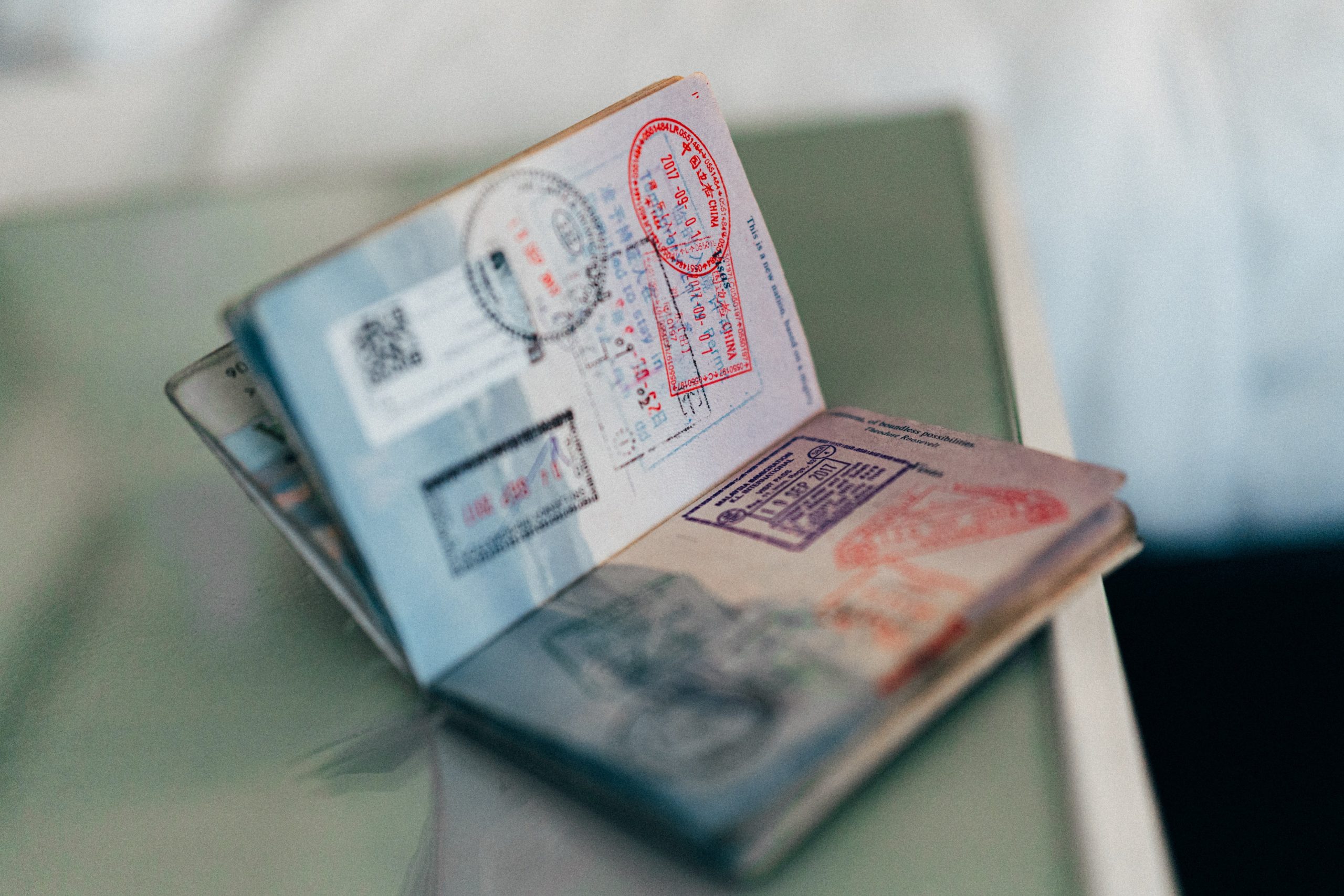-
Advocacy Theme
-
Tags
- Abortion
- Adoption
- Caregiving
- CEDAW
- Disability
- Domestic Violence
- Domestic Workers
- Harassment
- Healthcare
- Housing
- International/Regional Work
- Maintenance
- Media
- Migrant Spouses
- Migrant Workers
- Muslim Law
- National budget
- Parental Leave
- Parenthood
- Polygamy
- Population
- Race and religion
- Sexual Violence
- Sexuality Education
- Single Parents
- Social Support
- Sterilisation
- Women's Charter
Creating a one-stop information page for migrant spouses
February 16th, 2021 | Family and Divorce, Migration and Trafficking, News

We welcome the clarifications made by the Immigration and Checkpoints Authority (ICA) about how it handles transnational divorce cases. These clarifications should bring about much-needed reassurance to migrant spouses in Singapore.
In our experience supporting migrant spouses through AWARE’s Women’s Helpline and legal clinic, we have observed a lot of confusion and anxiety on the ground regarding their right to remain in the country when their sponsors threaten to cancel their long-term visit passes (LTVP) or when they are going through divorce.
However, the information provided by ICA in its letter— e.g. that LTVP cannot be unilaterally cancelled by sponsors and that ICA typically facilitates the renewal of LTVP until the end of their divorce proceedings if they have Singaporean children and a local sponsor—is not easily found (if at all) on the relevant government websites.
We recommend that relevant government agencies work together to publish a one-stop information page for migrant spouses and transnational couples, covering such areas as: their legal rights; the types of passes or visas they can apply for; the qualifying criteria, conditions, benefits and rights that come with each type of pass or visa; immigration status and divorce (for example, what happens to an LTVP/+ upon divorce); where they can seek help, their right to work and apply for a pre-approved letter of consent, etc. The website should come in different languages that match the needs of migrant spouses.
The Marriage Preparation Programmes (MPP) supported by the Ministry of Social and Family Development should also cover such information, if they do not already do so. Currently, MPP is mandatory for some transnational couples to attend as a condition of the migrant spouse’s LTVP application. Those who are not required to attend should nonetheless also be made aware of their rights.
Chong Ning Qian, Senior Research Executive



